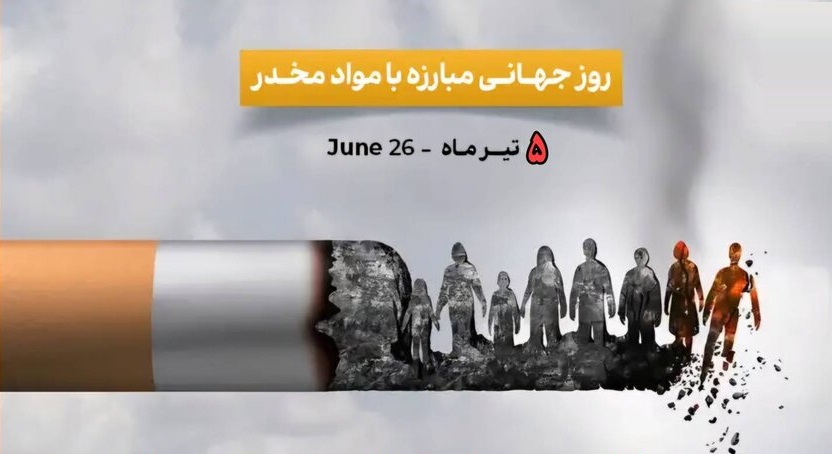Ways to Prevent and Combat Substance Abuse
Any form of involvement with and dependency on a stimulant or drug, despite its harmful effects on the mind, can be appealing, with each experience increasing the internal desire to repeat it. Addiction is a disease, and like any disease, it can be treated. The only way to prevent addiction is to avoid using the substance from the very first time.
Stages of Addiction Development and the Addiction Cycle
- Introduction: In this stage, the individual becomes familiar with drugs and their usage through various means (e.g., friends).
- Doubt and Hesitation: The individual is tempted to use the substance again, possibly struggling with the desire or giving in.
- Full Addiction: The individual becomes addicted and is compelled to use the substance again to achieve the feeling of euphoria.
The Addiction Cycle
- Drug use
- Temporary euphoria
- Regret
- Psychological stimulation
- Craving the drug
- Reuse
Types of Addiction
- Physical addiction
- Psychological addiction
Addictive Substances
- Alcohol dependence
- Caffeine intoxication
- Cannabis dependence (derivatives of the cannabis plant, including hashish, grass, and synthetic cannabis)
- Hallucinogen dependence
- Inhalant dependence (e.g., glue, gasoline, etc.)
- Opioid dependence (including opium, heroin, tamgizak, etc.)
- Sedative dependence (including tranquilizers, sleep aids, or anti-anxiety medications, such as benzodiazepines)
- Stimulant dependence (e.g., amphetamines, crystal meth, cocaine)
- Tobacco dependence
- Sex, pornography, and masturbation addiction
Signs of Addiction
- Increased tolerance
- Cravings for the substance
- Increased consumption
- Loss of control over usage
- Continuing use despite dangerous consequences
- Withdrawal symptoms when not using
Prevention Strategies
- Raising awareness among parents and families about the harms of addiction.
- Transforming the educational system and training staff.
- Establishing cultural and recreational centers.
- Increasing employment opportunities and preventing unemployment.
- Using media and public campaigns to educate the masses and promote awareness.
- Limiting the availability of drugs by purging the community and securing borders.
- Strengthening spirituality in society and educating people about the dangers of drug use.
- Advising families to monitor their children, reinforce religious values, guide them in spending their free time wisely, and prevent their participation in unwholesome gatherings by promoting healthy and engaging activities.
- Mobilizing society to fight against drugs.
- Careful selection of drug enforcement personnel.
- Focusing on local drug distribution, especially within cities and among addicts.
- Many addicts or their families are uneducated or poorly educated. Greater effort must be made in education and training.



